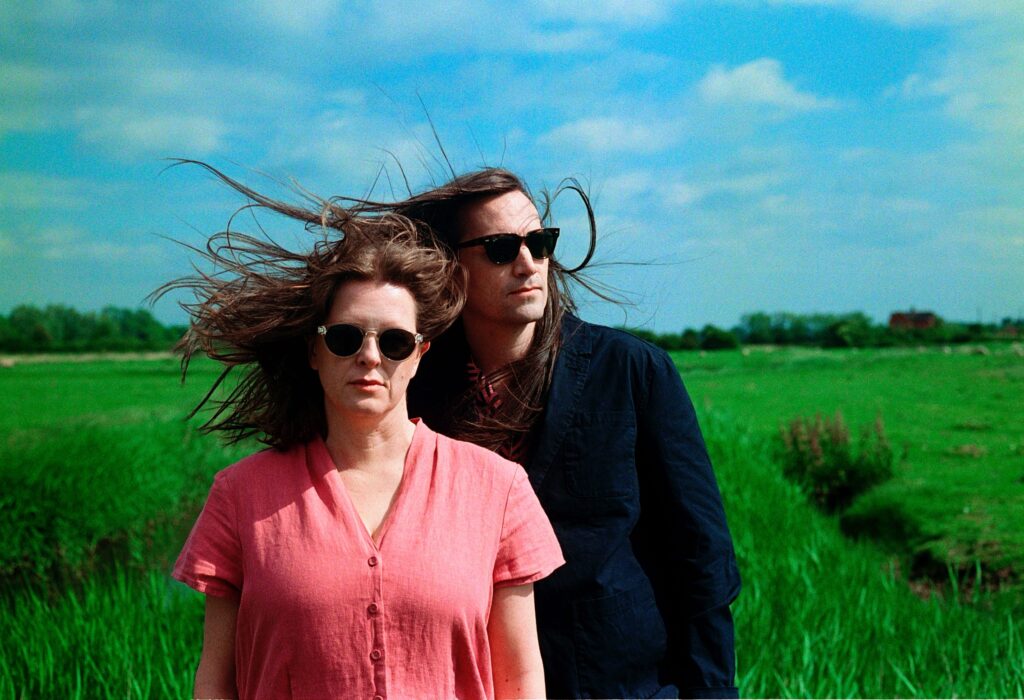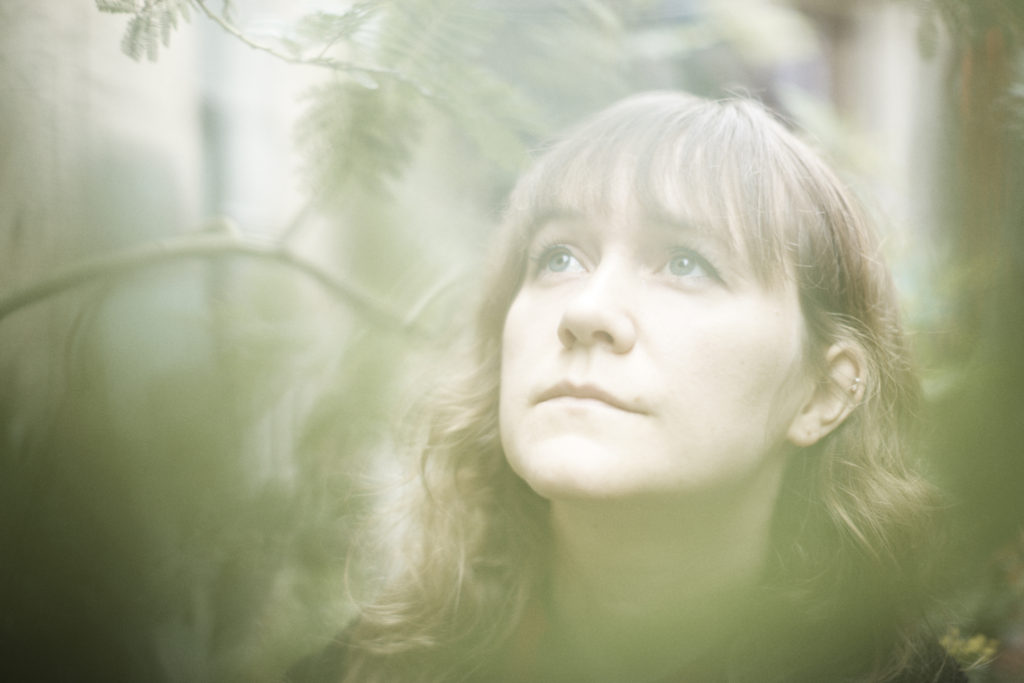
Power Move… The much travelled Brigid Mae Power talks to Fire
Irish songwriter Brigid Mae Power makes folk music that can feel more like doom metal played on acoustic instruments
Pitchfork
Having just released her third album, the surely autobiographical ‘Head Above The Water’, her heart is on her sleeve, her words bobbing about as the tide changes. Much-travelled, doting on her nine-year-old son, Brigid Mae Power has come a long way from her north London upbringing.
“I grew up in London at first, my mum was London Irish and my Dad was Irish. We were in North Wembley before my mum moved us over to Galway when I was 11 or 12. It was a bit of a shock. I remember there was a lot more freedom, you could walk around and it wasn’t dangerous, but I hated it.”
Raised on Irish music, fresh air and the wide open spaces, she grabbed the first opportunity to move on and wound up on the other side of the Atlantic.
“When I was 18 I lived in New York for a year. I was a bit all over the place but that’s when I started trying to write songs. I’d gone there to study Graphic Design, by the age of 17 I’d just had enough of Galway. I’d always played music, originally I played Irish music and I taught myself piano but New York was so different.
“I just loved New York and I’d found the cheapest community college; I was there on a student visa, so it was great. I was really into soul and blues, I loved Aretha Franklin, Ray Charles, piano players like James Hooker, Mose Allison and Professor Longhair – that was really an obsession for me.
“The first year at college was all about art but then it became all about computers and I felt uncomfortable with it – I’m not very good with new technology. I moved to London and then back to Galway and when I was 23, I had my son and that’s really when I started to write songs. I’d kind of dismissed Irish folk music because I’d grown up with it but in my mid to late 20s I couldn’t avoid folk music anymore and I just accepted that it was the easiest way for me to sing. I really love Dylan, and Tim Buckley and Joni Mitchell.
“Before I heard Tim Buckley, I’d tried to sing in a certain way but when I heard him holding notes in that way he does, I thought, ‘yeah, I can do that.’ And from that moment I started to sing in my own way. It felt easy for me, it felt natural.
“I started playing live and did some open mic sessions; I wanted to do it and I knew I had to do it but I was full of anxiety and very shy. But it gave me the bug, it’s the only thing that makes sense to me, I love playing live – even though I really hate the lead up to it, but once I’m there I’m fine.”
From there the opportunity arose to spend time with musician and producer Peter Broderick – who would eventually become Brigid’s husband and drummer when called on.
“I spent a week in Oregon putting all of my songs onto tape. I didn’t have a deal but I had a couple of friends who wrote a blog and they got Josh at Tompkins Square interested.”
Tompkins Square released the self-titled debut and the record’s honesty and innocence won over a host of fans.
“Power invokes the elements, either in contrast to internal weather or in sympathy with it,” trilled The Guardian
“The response was really good. I can’t listen to it now as I can hear myself being a bit restricted by what’s going on, holding my voice back a bit.”
The follow up album on Tompkins Square, ‘The Two Worlds’ delved deeper into her emotional baggage as the sound became headier, more alluring.
“I think by the time I got to that I was just better at telling people what I want, I’m better at being able to verbalise things.”
Steely songs about abuse and recovery
The Guardian
Recorded in an analogue studio in the north of Ireland run by Julie McLarnon, (New Order, The Vaselines, Jeffrey Lewis, King Creosote) this was a step on.
And so to ‘Head Above The Water’, her debut for Fire, a continuing tale of everyday survival. It’s more diverse, it’s different, a bigger canvas, with broader brushstrokes…
“It doesn’t sound different to me, it’s just the way things have progressed but I suppose you could say that songs like the opening track, ‘On A City Night’ are, well, catchy? This album shows off a few different sides to me. To me it feels more like classic folk, almost country-ish.”
Indeed, there’s a pedal steel in there.
“I kind of wanted that sound, it adds a different vibe. I suppose I grew up listening to a lot of country.”
And there’s a traditional folk song in the midst of this plaintive melancholy.
“While I had everyone in the studio, I just wanted to do that one traditional song, ‘The Blacksmith’.”
Its inclusion adds a juxtaposition of threads, and added instrumentation from the five musicians lured into the studio provide larger dynamics, something for Brigid’s distinctive vocal style to spread itself across.
The title track closes proceedings with Brigid’s offbeat piano set against an eerie violin, it’s a meander into some personal introspection with a vocal that hovers through vibrato before someone whistling in the next room brings proceedings to a close. It’s a beautiful thing, filled with yearning.
“Haunting and haunted,” Line Of Best Fit once remarked about Brigid Mae Power.
Yes, indeed.
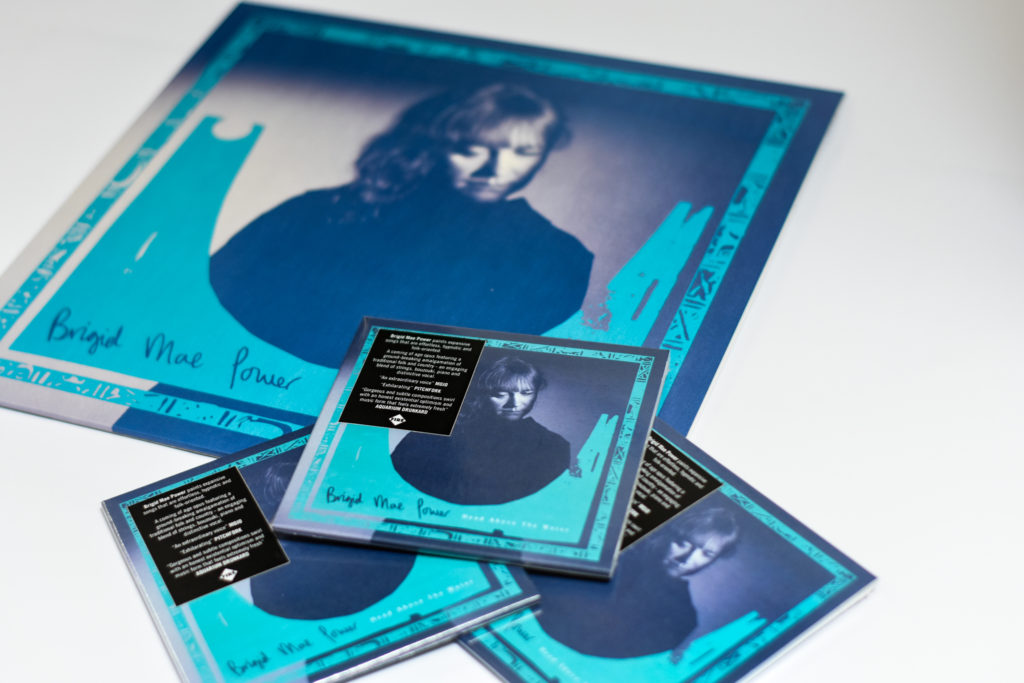
Brigid Mae Powers ‘Head Above The Water’ is Out Now
BUY ALBUMMore Fire Records News
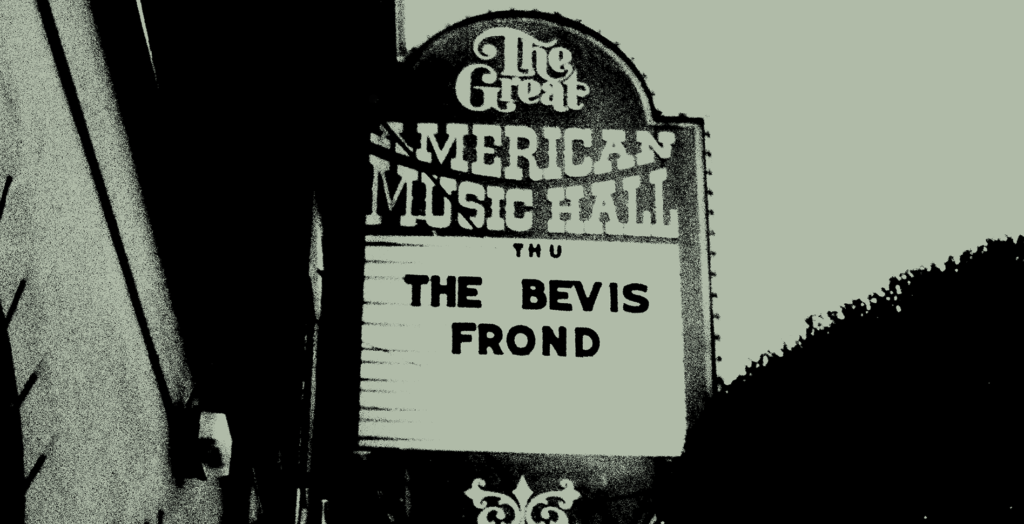
The Bevis Frond announce Immaterial Possession as West Coast support
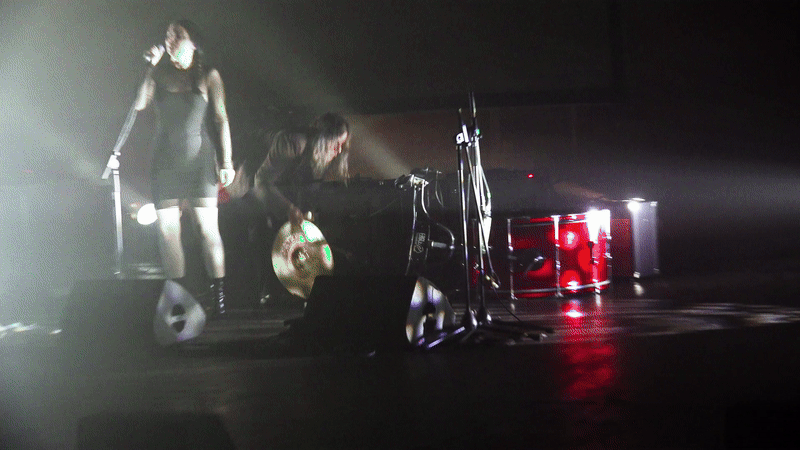
Experience Our 40th Anniversary Celebrations with a New Video
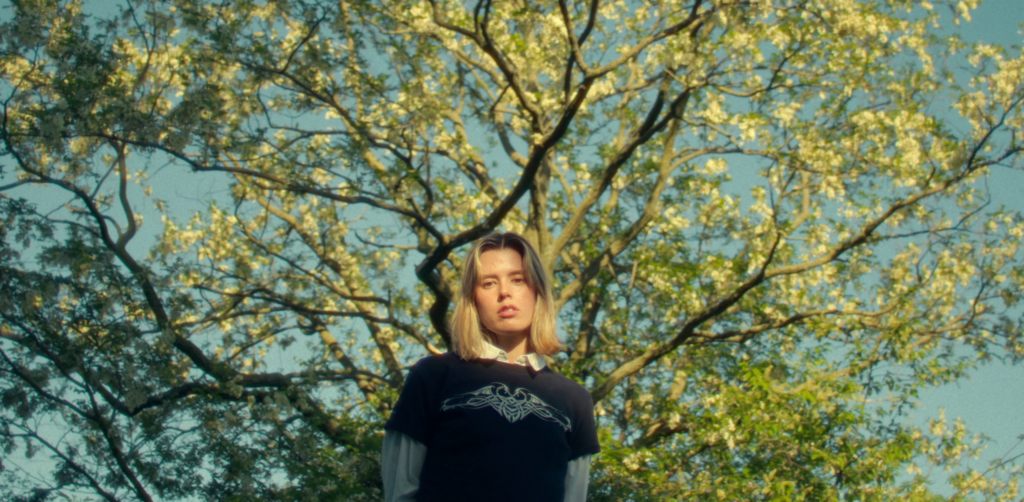
Thala reveals new single and video for ‘don’t want u to die’
